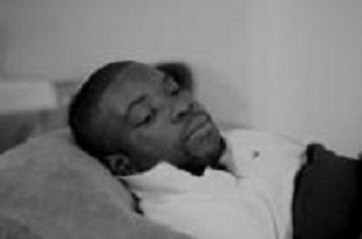UBS Trader Adoboli Arrested Over $2 Billion Rogue Trading

Swiss bank UBS AG said Thursday that it has suffered a $2 billion loss due to rogue trading and the London police arrested a 31-year-old man on suspicion of fraud.
The suspect is 31-year-old Kweku Adoboli, who was working as UBS director of exchange traded funds and the so-called Delta One trading, according to his profile on LinkedIn.
Adoboli, born in Ghana, is a University of Nottingham computer science and management graduate. Shortly after graduation in 2003, he joined UBS, where he rose through the ranks, to end up as director in the exchange-traded funds and Delta One trading desk. It was an increasingly important driver of profits at the financial firm, particularly in the investment bank in the aftermath of the financial crisis.
This incident at UBS bears an upsetting similarity to the financial scandal at the French bank, Société Générale. In January 2008, Société Générale lost approximately 4.9 billion euros closing out positions over three days of trading beginning Jan. 21, 2008, a period in which the market experienced a large drop in equity indices.
UBS stock ended the day down 10.8 percent, its owest close since March 2009, after the bank said it might post a third-quarter loss due to the trading.
This is a major setback for chief executive Officer Oswald Gruebel, who is attempting to revive the investment banking division after it recorded $65 billion in cumulative pre-tax losses in three years. In February 2009, the bank hired the former head of rival Credit Suisse in a bid for revival.
Last month, UBS announced a $2.3 billion cost-cutting plan and axed 3,500 jobs. This was in preparation of joining rival investment banks in reversing the post-crisis hiring binge.
The current episode is going to seriously hit UBS, which is already trying its best to get out of the financial crisis of 2008. As the bank's losses continued to mount, it said in April 2008 that it was writing down a further $19 billion of investments in subprime and other mortgage assets. By this point, UBS's total losses in the mortgage market were in excess of $37 billion, the largest such losses of any of its peers. The bank had to raise more than $46 billion in capital from investors, including the Swiss state, to make up for the losses during the credit crisis.
© Copyright IBTimes 2025. All rights reserved.





















